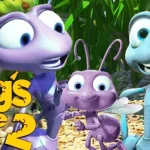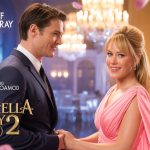Harry Potter and the Cursed Child (2025) – A Return to the Shadows and Light of Hogwarts
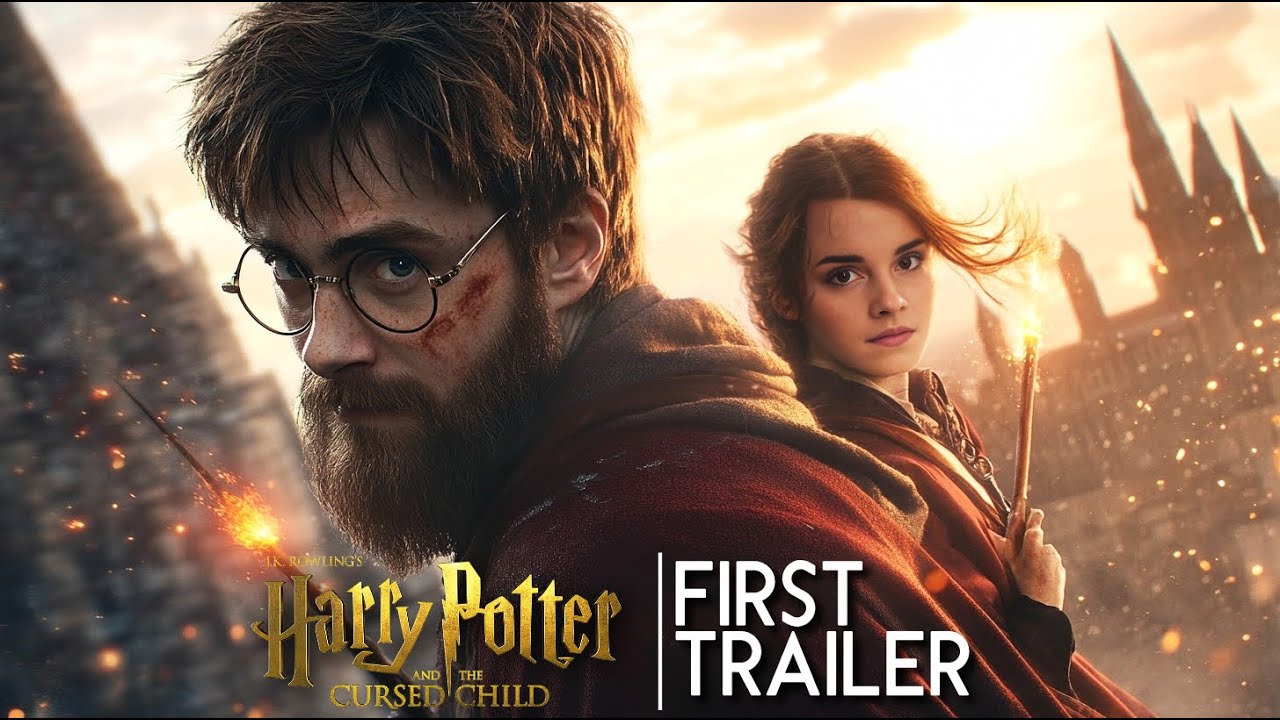
The announcement of Harry Potter and the Cursed Child (2025) has stirred emotions across generations of fans, and stepping into the theater to witness its cinematic rebirth feels like entering a world both familiar and startlingly new. Where the original saga concluded with a sense of closure and bittersweet hope, this continuation asks a daring question: what happens when the past refuses to rest quietly?
From the opening frame, there is a haunting nostalgia that clings to the film. We are reminded of the golden trio, no longer children but parents, burdened with the heavy crown of legacy. The halls of Hogwarts echo with memories, yet they are not the sanctuary they once were. Instead, they stand as a stage for unresolved fears, where shadows of Voldemort’s reign continue to stretch into the present. The film wastes no time in declaring that this is not simply a nostalgic revisit—it is an exploration of how history weighs upon those who inherit it.
Albus Potter, Harry’s conflicted son, stands at the heart of this struggle. His journey is less about wand battles and more about identity, expectation, and rebellion. Through him, the film captures a universal truth: the sons and daughters of heroes are often crushed under the myths of their parents. His friendship with Scorpius Malfoy—awkward, tender, and transformative—becomes the soul of the narrative. Together they embody what Rowling’s universe has always hinted at: that salvation often arrives through bonds we least expect.
The screenplay, adapted from Jack Thorne’s stage play, wisely retains the intimacy of theater while expanding its scale for cinema. The dialogue is layered with aching honesty, peeling back the polished facades of adulthood to expose lingering trauma. Harry’s interactions with Albus are some of the film’s most powerful moments—conversations that stumble, wound, and yet reach for healing. For the first time, Harry is not the savior but a father who falters, whose scars of war have not yet healed.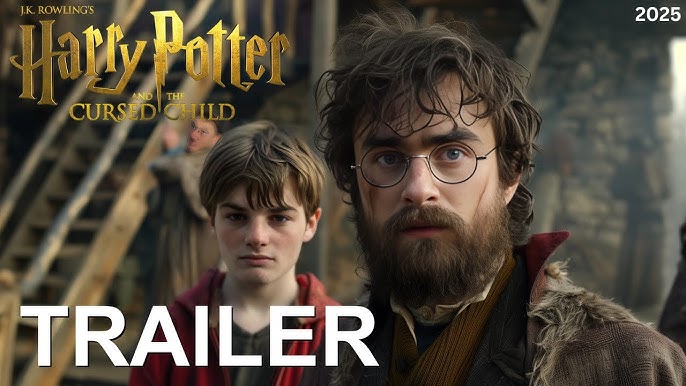
Directorial choices elevate the familiar lore into something grander and darker. Shadows creep across the Hogwarts grounds like living creatures; time-travel sequences shimmer with unsettling beauty, a reminder that tampering with destiny always exacts a price. There is a sharp contrast between moments of quiet familial tenderness and bursts of theatrical spectacle. It is this juxtaposition—between whispered fears and world-shaking magic—that makes the film pulse with emotional urgency.
The supporting cast delivers a gravity worthy of the saga. Hermione Granger, now the embodiment of wisdom and authority, carries her scenes with luminous strength. Ron, though providing levity, reveals layers of weariness beneath his humor. Draco Malfoy emerges as one of the film’s greatest surprises—a man reshaped by loss, bearing the sorrow of legacy as heavily as Harry does. His son’s fragile yet radiant bond with Albus is a mirror of reconciliation between two once-feuding houses.
What lingers most, however, is the film’s meditation on time. The Time-Turner becomes more than a device of plot; it is a symbol of our desperate yearning to undo regret. Watching characters grapple with altered histories and fractured timelines, we are forced to confront our own questions: If given the chance, would we rewrite our choices? And would that truly free us, or bind us further to what we fear?
The cinematography leans into this theme with fluid elegance. Shifting timelines are bathed in hues of silver and shadow, while present-day moments carry the warmth of autumn light, grounding us in the inevitability of time’s march forward. Magical duels crackle with visceral energy, yet the film’s true spectacle lies in the silent, lingering shots of faces—lined with regret, flickering with hope.
The score, sweeping yet intimate, resurrects familiar motifs from John Williams while weaving in new, mournful undertones. Music becomes a bridge between eras, reminding us that the story of Harry Potter has always been as much about emotional resonance as about magical fireworks. When the final notes swell in the Great Hall, there is a sense of return—not to where we began, but to where we must now go.
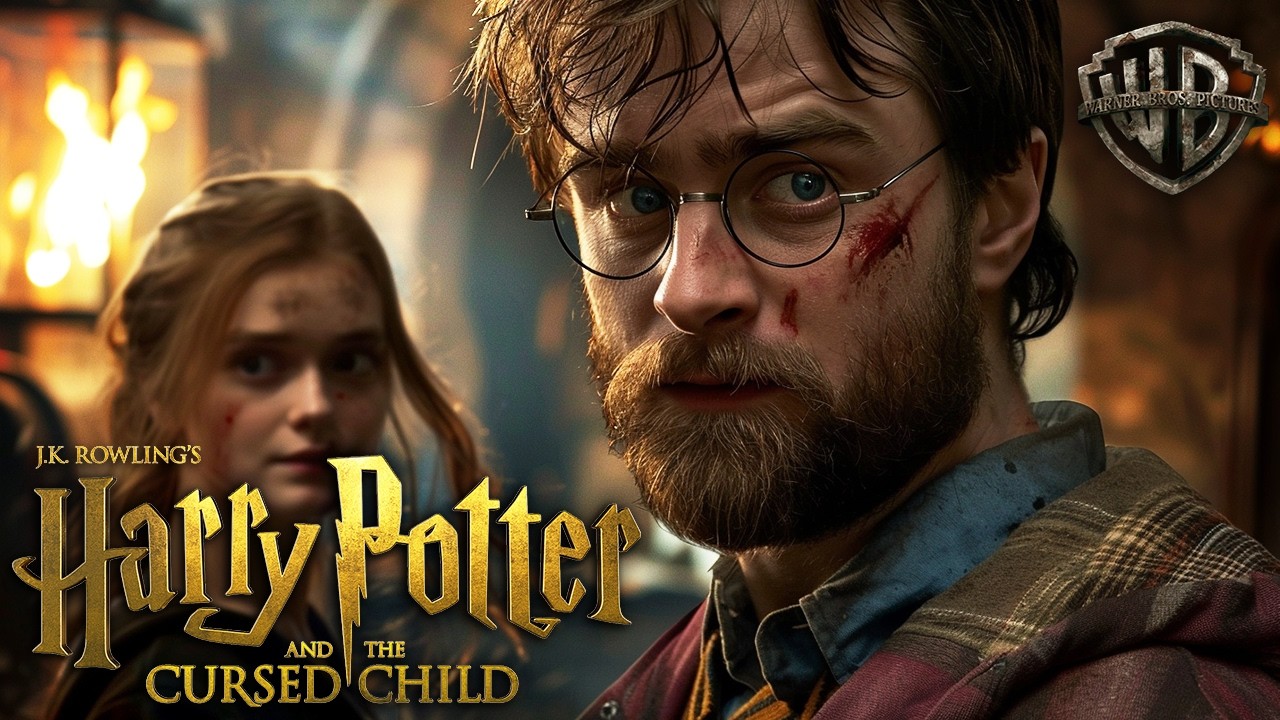
At its core, Harry Potter and the Cursed Child (2025) is less a continuation than a reckoning. It dares to dismantle the fairy tale ending we once accepted, challenging us to see heroes not as flawless victors but as broken individuals struggling to guide the next generation. It is a film about fathers and sons, mothers and daughters, friends and enemies—all bound by the threads of choice and consequence.
By the time the curtain falls, we are left with an experience that is both unsettling and cathartic. Hogwarts has grown older, as have we, and its magic now carries a weightier cost. Yet in its shadows, the light still flickers—reminding us that legacy is not about erasing the past, but about finding the courage to live beyond it.
Related movies :
Related movies :
Related movies :
Related movies :
Related movies :
Related movies :
Related movies :

